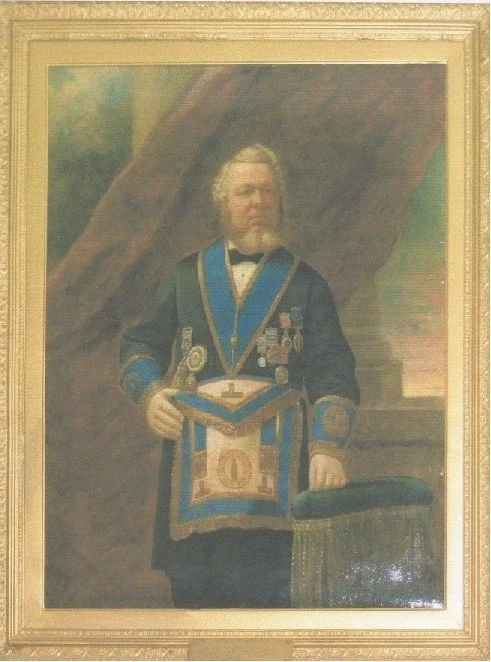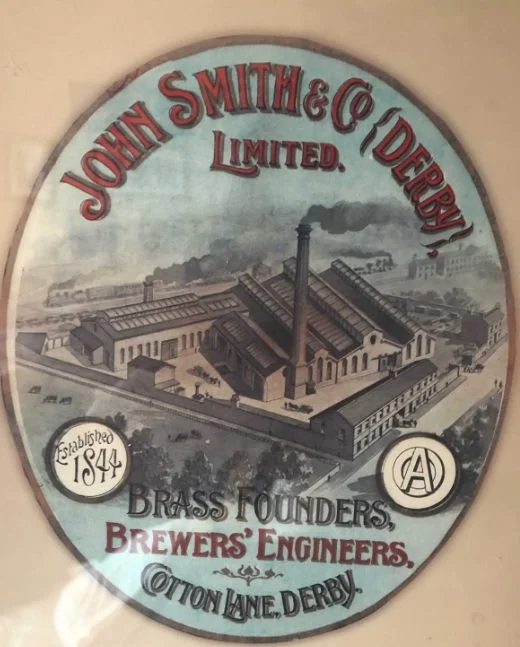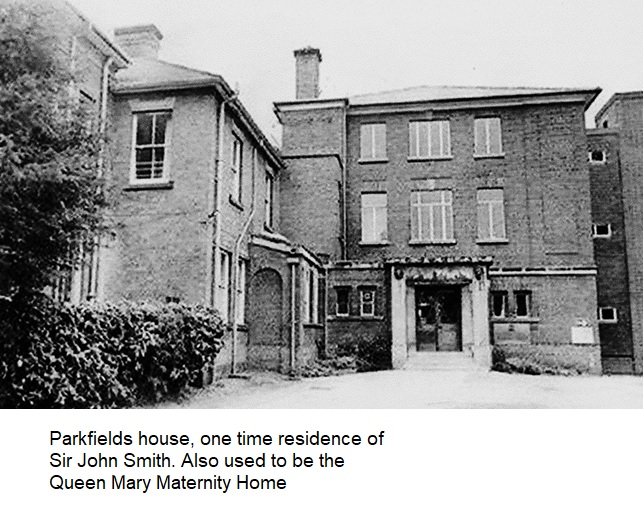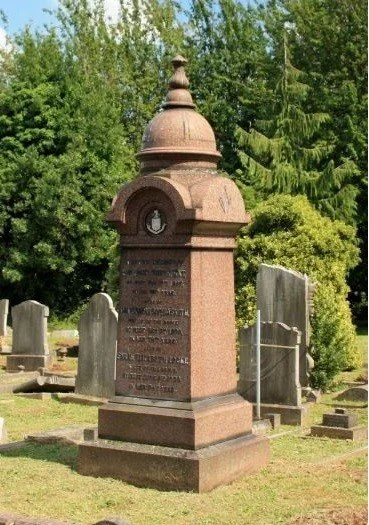Sir John Smith
///strut.yards.blitz
Sir John (Brassy) Smith one of nine children was born on 26th August 1822 to Joseph and Sarah Smith (nee Bailey). His father kept a small butcher’s shop on Mansfield Road, Derby.
At the age of 11, Sir John started work at Prosser’s brass foundry, where when old enough took an apprenticeship. Smith advanced quickly in his work showing initiative, soon becoming master of his trade. He moved foundries and began to work for brass manufacturer Henry James.
It was in 1844 at aged only 22, that John acquired the business from Henry James. With a sharp head for business, Smith worked hard and tirelessly to develop the foundry and extend his business. It soon became renowned around the country for the quality of its brass castings. Smith secured contracts with the Midland Railway, North Staffordshire Railway, and Gloucester Wagon Works. He also secured a large contract supplying the Admiralty with gunmetal and brass casings during the Crimean War.
During 1858 Smith moved to larger premises in Traffic Street and Siddals Road. John Smiths Co. (Derby) Ltd purchased Mr James Roscoe’s Lubricator for steam cylinders, which he modified and perfected. Smith was great friends with Michael Bass, the brewer, when Bass Breweries, implemented the “Burton Union” fermentation system, Bass asked Smith to manufacture the brass valves and fittings for the Union casks. The partnership was a profitable one and an engineering company was purchased in Burton to supply the brass valves and fittings.
Due to his public life of Council, masonic and church work, he retired from his foundry on 29th September 1866 handing over the ownership to Draper Ottewell, the son of his sister, Elizabeth. The company acquired a new site on Cotton Lane in Allenton. Many will still recognise the Smith building on Cotton Lane. Sadly, the company in Derby closed in 1996. The company still exists and is based in Norton Canes, Staffordshire, it is still family-run run with the Ottewell family owning a majority share.
John Smith joined the Corporation (Council) in 1862, representing Bridge Ward (which became Derwent Ward) He was chairman of the Estates Committee, an ordinary member of the Waterworks and Lunatic Asylum Committees. In 1872 he was appointed Mayor of Derby and in November 1872, was selected to become Chief Magistrate of the borough. December 1872, Derby welcomed the Prince and Princess of Wales, the Derby Daily Telegraph reported that “Sir John rose to the occasion admirably, and not only did he entertain his Royal guests in a suitable manner, but the townspeople followed his example and rendered the proceeding in every degree” During 1877 he was elected alderman, he continued work on his various committees, as well as becoming a governor for Derby School, he was also involved with charity work for Derby Royal Infirmary. He was also a member of the Freemasons, becoming a trustee of the Masonic Hall, a benefactor and a supporter of the Masonic charities.
It was in 1887 during the jubilee of Queen Victoria he was Knighted for his contribution to business, the corporation, his notable charity and benefactor roles.
In his personal life, Sir John married his first wife Hannah Berry at St Peter’s church on 5th September 1846, Hannah died in 1859. In 1860 he married his sister-in-law Elizabeth Berry, they had a daughter Eliza. Sadly, both Elizabeth and her daughter Eliza died in 1861. He went on to marry Sarah Sophie Snow on November 30th, 1861.
Many will remember the Queen Mary Maternity Hospital, on Duffield Road. The house originally called Parkfields was once owned by Sir John, he acquired the house from his Uncle Charles Henry Smith in 1869. It was in his home, that Sir John Smith, described by many as” a man of his own making” died on this day 10th December 1897.
He was buried at Nottingham Road Cemetery and a monument was erected by his niece Sarah Elizabeth Locke, plot number A18 5700. He left a fortune of £32,180 8s 5d (£3,534,628.55)
Sir John Smith’s brother was the well-known brewer Zachary Smith, whose brewery was in Shardlow.





